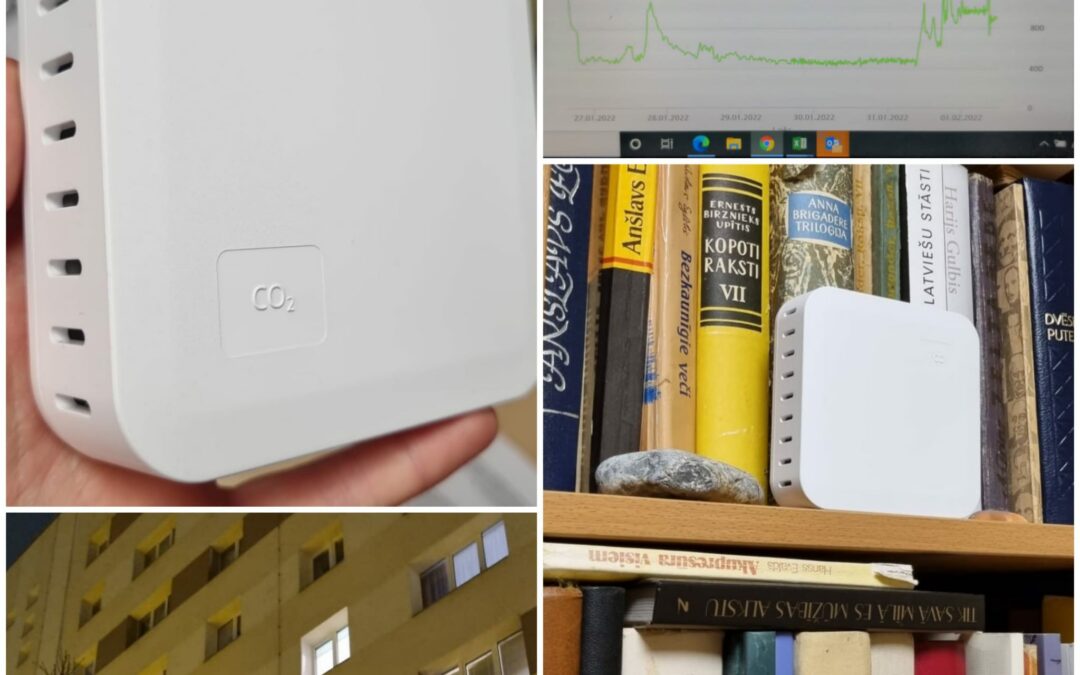Energy security is gaining special relevance in the current geopolitical situation. Also, recently elaborated “Riga Sustainable Energy and Climate Action Plan – 2030” highly prioritizes the role of energy retrofits and uptake of renewable energy generation technologies in achieving Riga’s energy and climate objectives.
Households use 36% of the energy in Riga, being the biggest energy consumer in the city. Meanwhile the estimated potential for energy consumption decrease by the households is well above 50% and can be achieved through investments in energy retrofits, integration of renewable energy sources (RES), smart energy management and public engagement activities aimed to change the energy consumption behaviour of Riga city residents.
Over 85% of Riga city residents live in multi-apartment residential buildings. Around 6,000 of these buildings were built during the post-war period with poor insulation, average heat energy consumption of 124,21 kWh/m2 per year, representing an ageing urban infrastructure that urgently needs renovation. However, the energy renovation process had been slow, and the main reasons are the lack of knowledge and awareness, weak motivation and low interest of households into deep renovation due to various financial, legal and technical constraints. Thus, and even despite the availability of municipal funding scheme supporting energy retrofits in Riga, during last 3 years only 154 multi-apartment residential buildings had been renovated.
In order to promote energy retrofits in Riga, ATELIER project partner Riga Energy Agency (REA) implements integrated measures, from developing new incentives and business models supporting energy retrofits to convincingly demonstrating the benefits of renovated housing to Riga city residents. As for the latter, currently REA undertakes air quality and microclimate monitoring in renovated and non-renovated multi-apartment residential buildings in Riga. In cooperation with active citizens, selected residential buildings were equipped with indoor CO2 sensors and outdoor meteorological sensors to collect high-reliability, real-time air quality data in apartments and to correlate obtained data with real-time heat energy consumption of the building in concern, taking into consideration also the real-time weather conditions.
Indoor air quality sensors inform the apartment owners about the CO2 concentration, relative humidity, and temperature in their living space. Residents can see real-time changes and evaluate their own energy consumption patterns by perhaps choosing the optimal indoor ventilation mode and increasing energy efficiency of the entire apartment building. In addition, by following the readings of the air quality sensors and adequately ventilating the premises, residents can improve their well-being, health, productivity, and the overall quality of their living environment. Indoor air quality is an important aspect of a healthy living environment, especially during recent Covid-19 restrictions and harsh Latvian winter when people spent most of the day indoors, exposing their health to air pollutants.
REA is using the obtained data to develop an innovative solution based on artificial intelligence (AI) technologies to reduce the risks of return on investments in energy efficiency and climate change mitigation. This solution will serve as a support tool for de-risking energy efficiency investments. It will enable our energy efficiency investment project managers, investors, financiers, building managers, and other stakeholders to perform the risk assessment of energy efficiency projects, estimate the amount of potential investment required and its return, calculate energy performance of the building, as well as evaluate the environmental and climate impact. As a result, Energy Performance Contracting (EPC) and other energy investments will be more reliable, cost-effective, and of better quality.
Such energy renovation promotion activities respond really well to the objectives of the ATELIER project and in particular, to challenges related to conceptualisation and deployment of the positive energy district (PED) model in the ATELIER partner city Riga.
Author: Nika Kotoviča, ATELIER Project Coordinator & Urban Planning Expert, City of Riga
Image credits: City of Riga
